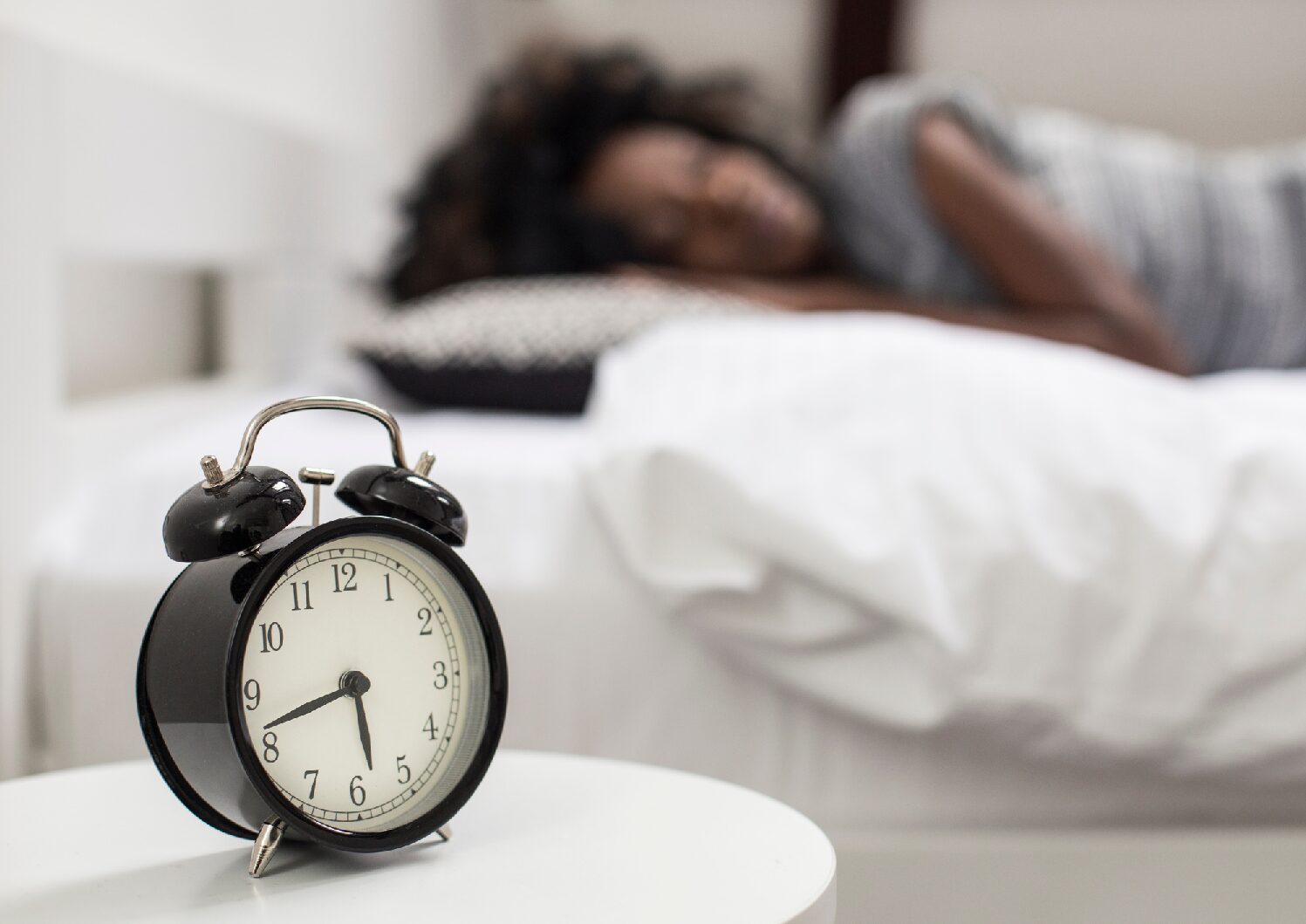Today is World Sleep Day and I thought this would be a great opportunity to look at sleep and shift work, and the implications of one on the other.
Shift work is general described as working outside of normal hours, in particular, working during times when we would normally be expected to be asleep.
WHY DOES SHIFT WORK MAKE SLEEPING SO DIFFICULT?
Firstly, shift work can result in you sleeping against your body’s natural clock. Everyone has an in-built biological rhythm which keeps you alert during daylight hours. Sleeping during the day makes it harder to drift off and get 7-8 hours of uninterrupted sleep.
Secondly, shift work often involves irregular schedules. Regular wake-up times produce hormones which act as signals for the body to sleep or stay awake. The more often you switch your schedule, the harder it is for your body to adjust.
Lastly, shift work means that you may be sleeping out of sync with everyone else. Staying asleep with the noises of daytime hustle and bustle around you can seem impossible. Family and personal relationships may also mean that sleep is not a priority.
WHAT CAN BE DONE TO HELP?
Don’t force yourself to sleep. If you are still awake after 20 minutes, get up and do something calming, such as read a book, draw or write in a journal.
Avoid blue light. The short-wave blue light from computers, TV and phone screen supresses the production of the sleep hormone melatonin. It is important to avoid screen time for two hours before bed.
Try and set a schedule. Establishing a regular sleep schedule every day of the week can help to set your ‘biological clock’. Don’t lie in more than an hour, even on days off.
It is important that you use your bed only for sleep (and sex). If your body learns to associate your bed with sleep, you’ll start to feel tired as soon as you lie down. Using your phone, watching TV or sending emails in bed can have the opposite effect.
Avoid stimulants, such as caffeine, alcohol and nicotine, which can affect your ability to fall asleep and the quality of your sleep, even if they’re used earlier in the day. Caffeine can stay in the body for up to 12 hours, and even decaf coffee contain some caffeine.
Participating in exercising and health eating can lead to better sleep. Avoid strenuous exercise and greasy or heavy food for two hours before going to bed.
WHAT ABOUT NIGHT SHIFT?
On average night shift workers sleep for 2 hours less than the average adult. This sleep debt puts shift workers at more risks of accidents and increases long term health risks, such as increasing the risk of strokes, diabetes and dementia, as well as stress and depression.
There are several things which can be done to limit the impact of working nights on your sleep.
Before night shift:
- First day off after working nights can be when you’re most out of phase. It may be helpful to stay awake until you are tired and then schedule a brief block of sleep 2-4 hours.
- The jury is out on whether naps are beneficial or not. Some state that they interrupt your sleep cycle, where others believe naps can be revitalising. When napping it is important to remember that sleeping for more that 30-40 minutes can result in your body entering deep sleep. Deep sleep is great for helping to reduce a sleep debt, however, it can take up to an hour to become fully alert again, so allow time to wake up afterwards.
- Most people can cope with a 2-3 hours shift in their sleep-wake cycle. If you have a few days before you start night shift, try to gradually taper your sleep and wake times towards the new schedule.
- Stay awake until a near normal bedtime to sync back into a regular cycle.
Staying alert during work:
- Seek out bright light before and during the early part of a night shift. Even if work areas need to have dim lighting, break areas should still be well lit.
- A mid shift power nap of up to 30 minutes is more effective than coffee for improving alertness. Of course, this is not always practical.
- If you have the same shift times for a couple of days, eat meals and snacks at the same time each day to promote regular body cycles.
After night shift:
- Wear sunglasses on the journey home – your sleep cycle reacts to sunlight.
- Following the same routine to prepare for bed on day or night shifts. This will encourage pattern recognition and get the body ready for sleep.
- If you live in a noisy environment, look at soundproofing your bedroom with double glazing, carpets blackout blinds and heavy curtains and even wall insulation. Ear plugs could also help to preserve your peace and quiet.
Regardless of when your shift is, either day or night, remember that sleep can be flexible, and it is important to find a pattern that suits you.

